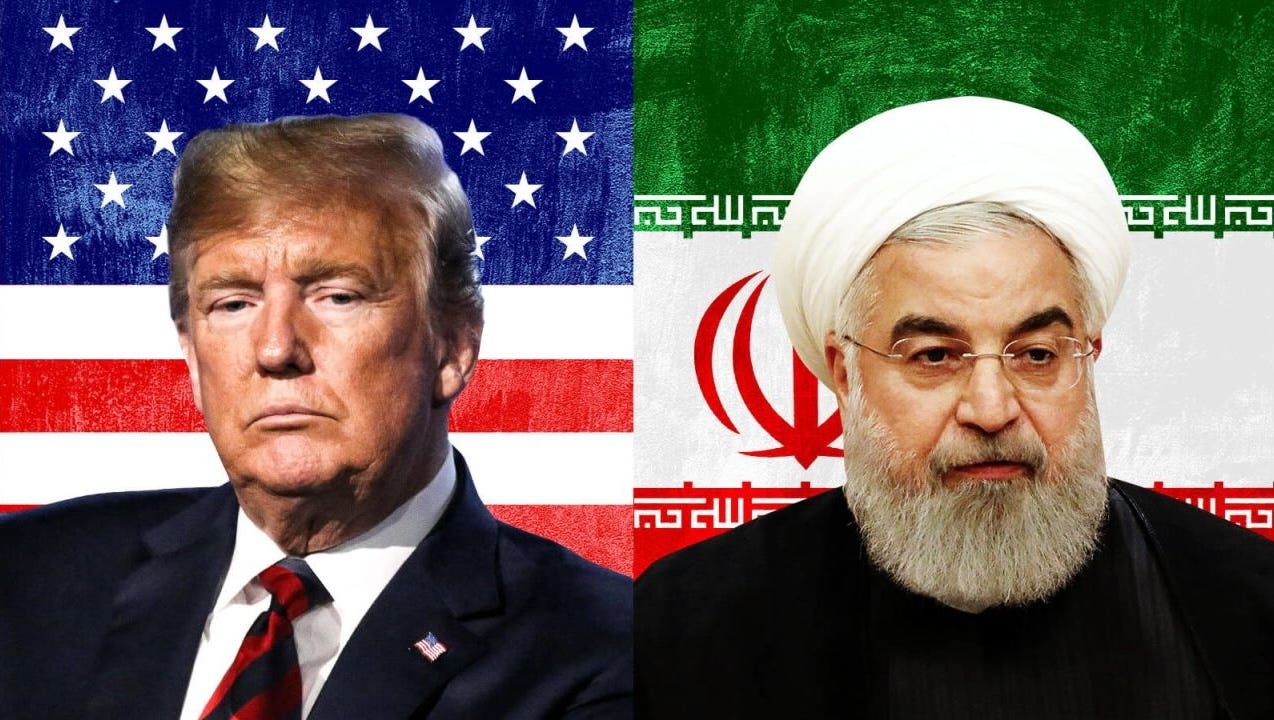The Victories of Force are Short Lived
"The supreme art of war is to subdue the enemy without fighting" - Sun Tzu, The Art of War
After Operation Enduring Freedom, I will never again be convinced that it is not of vital importance to have loudly dissenting voices in conservatism when the issue at hand is undertaking military attacks against another sovereign nation.
The fact that such voices exist across the political spectrum is evidence that this is not as black and white as some are trying to make it out to be.
Two important things that the disastrous Iraq invasion taught me (albeit belatedly, sadly) is that there is no such thing as simple or quick fix solutions to the complexities of the Middle East; and that a lack of dissent is not always a sure sign you are doing something good or wise.
The first casualty of war, and also of pre-war political agitation, is truth - and once truth finds itself mortally wounded, jingoism, scapegoating, and unbridled mob passion becomes the arbiter of the day.
One of the essential traits of authentic conservatism is the rejection of Utopianism - a philosophy which cannot live with complexities (like the idea that attacking another nation which does evil deeds might not always be the right or prudent course of action) and instead tries to apply brute force in the name of making the world a better place.
Recent history has taught us that Utopianism and its disastrous political fruits is not simply the domain of Communism or National Socialism - Liberalism has also now proved itself more than willing to try and build its iteration of the brave new world at the end of a gun barrel.
Another essential trait of authentic conservatism is an unwavering commitment to virtue, with prudence being one of the most important in matters of governance.
This commitment to prudence becomes more and more essential the higher you climb in the hierarchy of social leadership, or the greater the severity of action being proposed.
In most situations, the worst way of doing geopolitics is to stomp out all of the nuance in order to create artificial, simplistic and arbitrary binaries to use as cheap justifications for the most costly forms of action.
If someone disagrees with you about attacking Iran, that doesn’t make them a friend of the Iranian regime, just as someone who disagreed about previous military follies in Iraq, Syria, Libya, or Afghanistan didn’t make them friends of those regimes either.
It is possible to be both opposed to the evils of the current Iranian regime while also in favour of diplomacy over militaristic action.
The people we need to be most wary of in this current moment are not those who are raising challenges to the events of the past 12 hours, and the days and months leading up to it, but those who are vociferously selling us military force as a simple and effective strategy in the Middle East, or trying to insist that dissenters are soulless or mindless foes of goodness and truth.
If the past quarter century has taught us anything, it should be that Western military interventions in the Middle East are highly ineffective and result in great evil and harm all over the world.
To believe that yet another intervention would be any different is to refuse to learn the important lessons that history has to offer us.
To downplay an initial salvo which could very easily become the trigger point for yet another major Western entanglement in the Middle East is to gamble that the next chamber will also be empty simply because you survived round one of Russian Roulette.
To quote the sage warning of the great Abraham Lincoln: “Force is all conquering, but its victories are short lived.”





